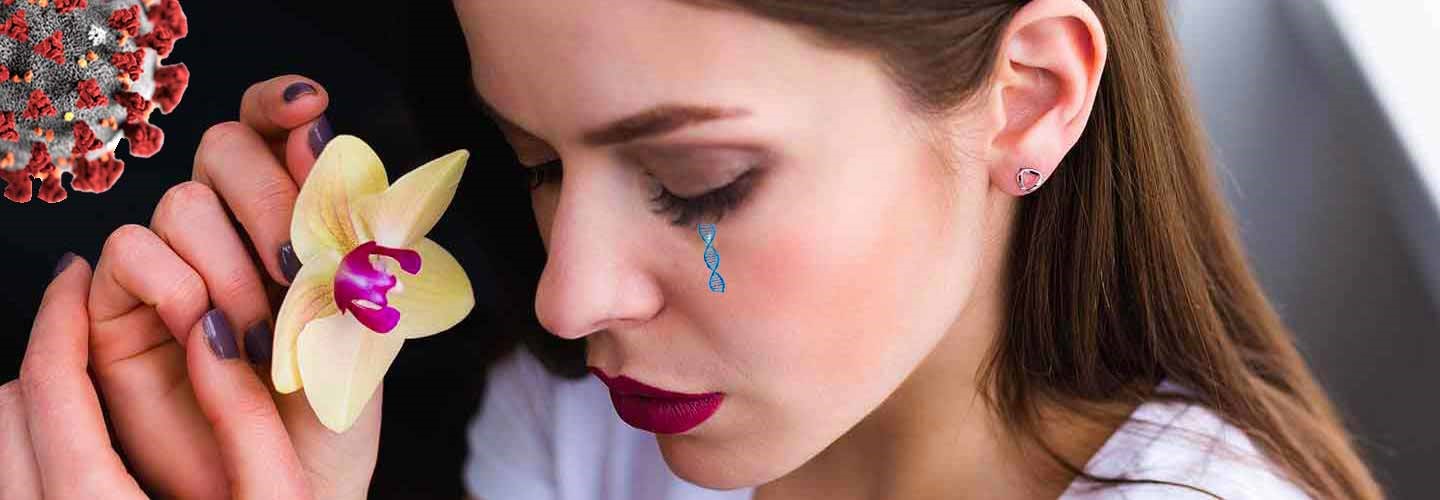The Match of the Century: You vs. the Coronavirus
- Home
- Blog

Biohacking Your Mental Health Ecosystem: Part Three
Reader, I don’t know about you, but I miss my routines. We are all trying to live with the jarring nature of our pandemic reality, but the daily uncertainties and evolving nature of this crisis make finding a new sense of normalcy quite challenging. Over two months into the quarantine, we remain collectively haunted by a feeling of purgatory, and despite our best efforts to not get overwhelmed, a slew of unanswerable questions remain top of mind: What will the future look like when this is all over? What does “all over” even mean—will it ever happen? What if this happens again? When will we be able to see our loved ones again, and give them hugs and kisses? What if things get worse before they get better? What if they never get better? Will the vaccines work? Will the neutralizing antibodies endure over time? Underpinning all of these questions is the most basic of all inquiries: How will we survive this? Even in the best of times, coping with life’s uncertainties can be challenging. But in a global upheaval like the one we are living through, it feels like not just an impossible challenge but a corrosive one.
Routines provide a structure to life, and when they’re wiped out, like suddenly pulling the rug out from beneath our feet, we all struggle to regain our footing. But the extent of our struggle, and the emotional intensity, can vary greatly from person to person—and each of our personal genomes plays a role. Reader, if your quarantine response seems like a puzzle you just can’t solve, your DNA may just hold the key to understanding.
Pandemic Anxiety: How Your DNA Is Affecting Your Quarantine
While our routines may be destabilized, our world has been living in relative crisis mode for enough time now for certain patterns to emerge in the collective consciousness. And a significant pattern you may have noted is the difference in how our loved ones are handling all of the novel stressors of our lives. There’s a significant percentage of Americans who are struggling to cope with the coronavirus—and there’s another percentage of people who are thriving. Of course a number of factors feed into this distinction, from job status to living situations. But genetics can predispose us toward specific outcomes—and the more we understand the biology we’re working with, the better we can mitigate and manage the stress and anxiety of this moment we are living in.
There’s an important dichotomy I’ve introduced before on this blog and will reintroduce here: When it comes to facing “crisis mode” situations, we humans can be thought of as “orchids” or “dandelions”—and it’s our stress response genes that determine which category we fall into. Your response to stress begins in a part of the brain called the Amygdala, which scans our environment for images and sounds that may pose a threat to our wellbeing. If it finds a “hit”, it immediately triggers another part of our brain, the Hypothalamus, which in turn triggers a “fight-flight-or-freeze” hormonal response along our body’s hypothalamic-pituitary-adrenal axis. The resulting hormonal surge is what we experience as stress. Variants on your stress response genes can impact every stage of this biological process—especially those found on the SLC6A4 gene. An acute stress response is health-promoting, while chronic stress diminishes our health status.
SLC6A4: Why This Gene May Hold the Key To Your Coronaviral Stress Levels
The SLC6A4 gene is responsible for regulating your serotonin levels within the synaptic connections that enable brain cells to communicate with each other. Serotonin is a neurotransmitter that helps regulate our sleep, appetite, mood, and anxiety. If you are born with an S/S variant on your SLC6A4 gene, you are genetically predisposed to have fewer serotonin transporters (reuptake pumps) that transport serotonin back into the neuron after it is released. Under stress, the synapses flood with serotonin, and with the S/S variant, there are not enough reuptake pumps to recycle the neurotransmitter back into the neuron that released it. This results in a “flooding” of the synapses in the amygdala. The excessive activity creates more and more “hits” that provoke more fear and anxiety, triggering the aforementioned bodily response.
The S/S variant (two short alleles) on the SLC6A4 is an “orchid gene”: those who have the variant are predisposed towards a higher than average fear response and a greater response to stress, with higher rates of anxiety and depression in response to traumatic stress. Conversely, those with a different variant, whether L/L or L/S, are “dandelions”—because they have enough reuptake pumps to processes serotonin, they’re predisposed to survive in harsh conditions—that is, high-stress environments.
Give Yourself a Leg Up Against the Coronavirus through Genetic Testing
Reader, let’s put this in the context of the coronavirus: In this stressful time, orchid individuals are literally flooded with stress hormones. The emotional overload can in turn lead to dysbiosis and can destroy mental health. What’s more: those with the S/S variant cannot process SSRIs in the same way other variants can. Now is simply not the right time for those suffering from increased stress to take a hit-or-miss approach to antidepressants and other meds. By getting a genetic test using Genomind’s Professional PGx Express, and learning whether you are an orchid or dandelion, you can save yourself months, if not years, of struggle finding the right medication. The pandemic is stressful enough without adding a trial-and-error approach to medication to the equation.
Routines may be shattered, and life may not go back to normal for a long time. We are all suffering in one form or another—but understanding our biology can give us a huge leg up to help prevent the viral spread of pandemic anxiety.
Related Information
- Learn about Genetic Testing
- Learn about Potomac Psychiatry
- Meet Our Doctors
- Contact Potomac Psychiatry
.png?width=144&height=144&name=Untitled%20design%20(34).png)



